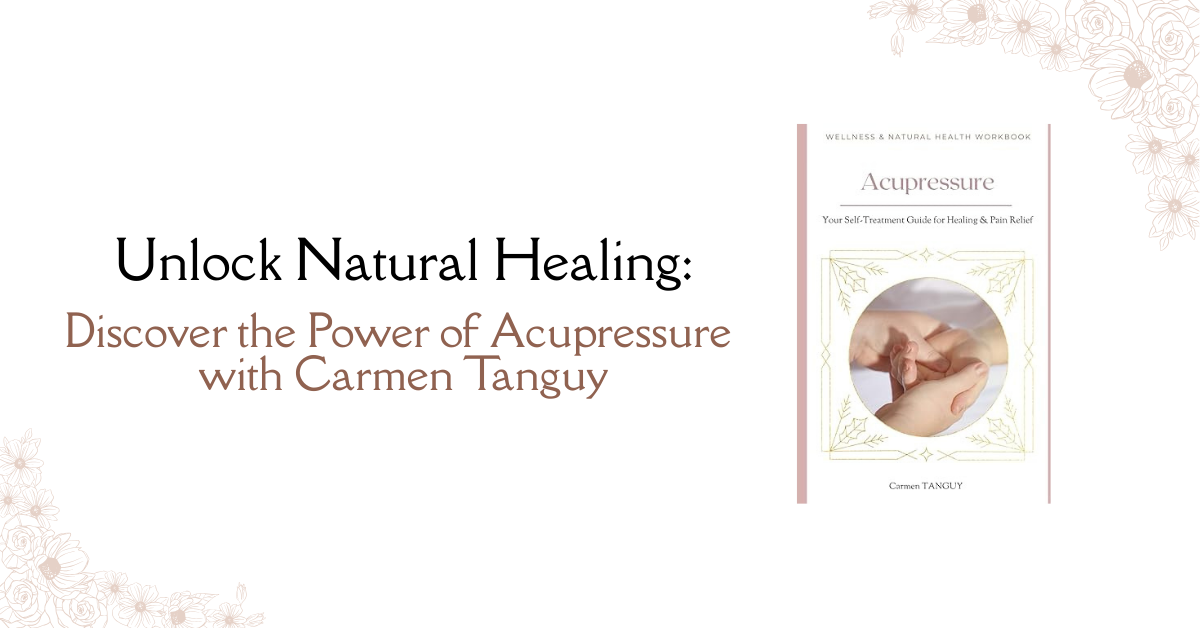Not everyone finds a trip to the dentist easy. For some, it brings a sense of unease. For others, it can spark full-blown anxiety. Dental fear is more common than people realise, and it’s nothing to be embarrassed about. Whether it stems from a past experience, a fear of pain, or simply the sound of the drill, dental anxiety can stop people from getting the care they need.
But here’s the good news: dentistry has come a long way. With a more thoughtful, patient-centred approach, many practices now focus on making visits as relaxed and stress-free as possible. If you’re nervous about seeing the dentist, you’re not alone — and there are now better options than ever to help you feel comfortable.
Understanding Where Dental Anxiety Comes From
Dental fear doesn’t usually appear out of nowhere. It’s often linked to one or more past events, such as:
- A painful or rushed dental treatment as a child
- Feeling judged or not listened to by a previous dentist
- Sensitivity to smells, sounds, or the sensation of someone working in your mouth
- A general fear of needles, pain, or medical environments
Even people who have been diligent with their oral health might avoid appointments simply because the idea of lying in a dental chair makes them feel tense or vulnerable. For many nervous patients, the anticipation is worse than the actual treatment.
That’s why the first step in easing dental anxiety is recognising it’s a valid feeling. Good dental teams are trained to understand and support nervous patients — not to rush or dismiss them.
In clinics like those led by an experienced Dentist North London, the focus isn’t just on the teeth — it’s also on how patients feel every step of the way.
Creating a Safe, Calm Environment
The setting can make a big difference. A welcoming reception area, warm communication, and a dentist who takes time to listen can go a long way in making a patient feel at ease. It’s about building trust before anything else.
Many practices today, especially those known for seeing nervous patients, design their spaces to be as calm and non-clinical as possible. From soft lighting to soothing music, the goal is to create an atmosphere that doesn’t feel cold or intimidating.
In addition, patients are encouraged to speak openly about their concerns. Whether it’s a fear of needles, a strong gag reflex, or anxiety about feeling out of control, a good dentist will adapt their approach to your needs. There’s never a “one-size-fits-all” solution when it comes to patient comfort.
This personalised care is something that patients truly value when visiting an East Finchley Dentist, where reassurance and gentle care come first.
Techniques That Help Reduce Anxiety
A modern, patient-focused dental practice will often use a variety of techniques to help ease tension before and during treatment. Some of the most effective methods include:
- Clear communication: Explaining each step of the procedure so there are no surprises.
- ‘Stop’ signals: Agreeing on a hand-raise or other sign so the patient feels in control.
- Slow and gentle techniques: Taking breaks, using small tools, or applying numbing gels before injections.
- Distraction methods: Playing music, using ceiling TVs, or offering headphones during treatment.
- Sedation options: For those with higher levels of anxiety, light sedation or “happy gas” (nitrous oxide) can help make treatments more manageable.
None of these are gimmicks — they’re practical tools that help restore comfort and make appointments feel more manageable.
Building Confidence with Each Visit
One of the best ways to overcome dental fear is through positive reinforcement. When a nervous patient has a successful visit — even for a simple check-up or cleaning — it begins to replace fear with familiarity. Each positive experience builds confidence, making future visits easier.
That’s why it’s important not to avoid the dentist altogether. Putting off appointments often leads to more complex dental problems later, which can mean longer, more uncomfortable treatments. Ironically, the very thing that nervous patients fear most — discomfort — becomes more likely if care is delayed.
So instead of aiming to do everything at once, consider taking it slow. Start with a consultation, meet the team, and ease into care at your own pace.
Encouragement for Parents of Anxious Children
Dental anxiety often begins in childhood, so it’s worth laying the groundwork early. Parents can help by:
- Talking positively about dental visits — avoid using words like “pain” or “needle.”
- Visiting a family-friendly dentist who works well with children.
- Making appointments routine so they become a normal part of life.
Many practices are now brilliant at engaging children with gentle check-ups, fun explanations, and little rewards after their visit. Early positive experiences reduce the chances of long-term dental fear later in life.
You Deserve Comfortable Dental Care
The key message for nervous patients is simple: you deserve care that respects how you feel. There is no shame in dental anxiety, and you are not difficult, dramatic, or alone. With the right team, treatment can be tailored to support your emotional comfort as much as your oral health.
So, whether you’ve been avoiding the dentist for months or even years, know that it’s never too late to get back on track — and the right practice will be ready to welcome you gently.
Looking for compassionate, personalised care that puts you at ease from start to finish? Book a relaxed, no-pressure consultation with The Finchley Dentist — we’re here to help you feel comfortable every step of the way.













Leave a Reply